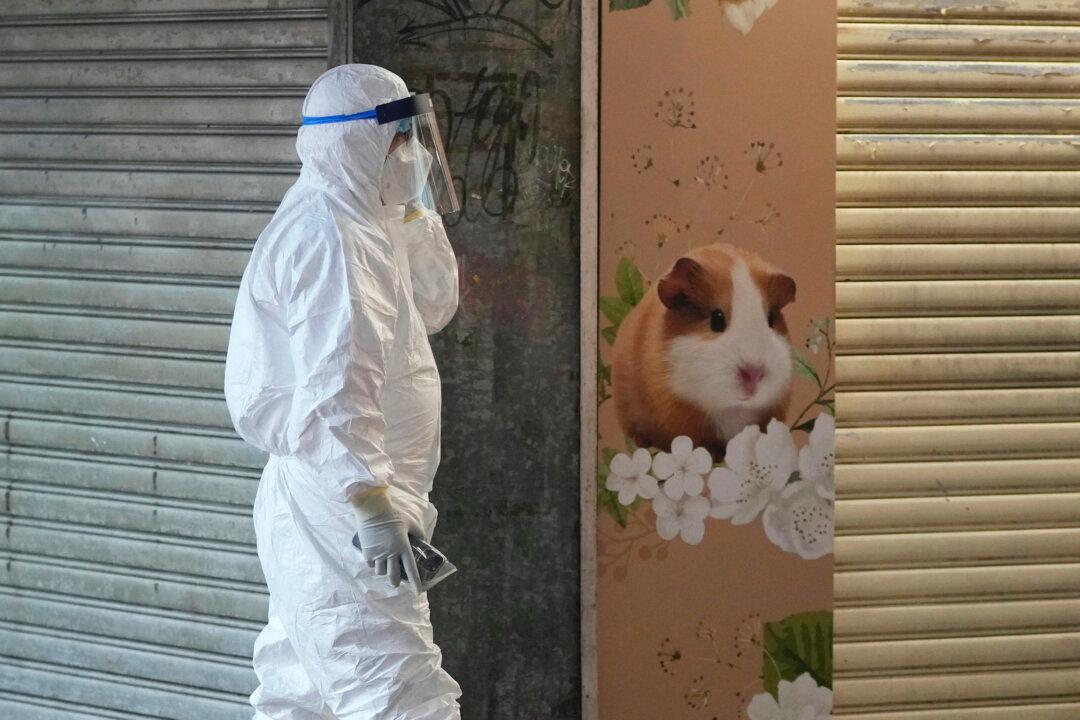Local pet stores selling hamsters in Hong Kong are now allowed to resume business, the government said on Saturday, following an order to close and the culling of thousands of small animals over concerns they could be carrying the coronavirus.
“The pet shops must be thoroughly disinfected and cleaned, and environmental swabs taken from the shops must pass the virus test before they can resume business,” the Agriculture, Fisheries, and Conservation Department (AFCD) said in a statement.





